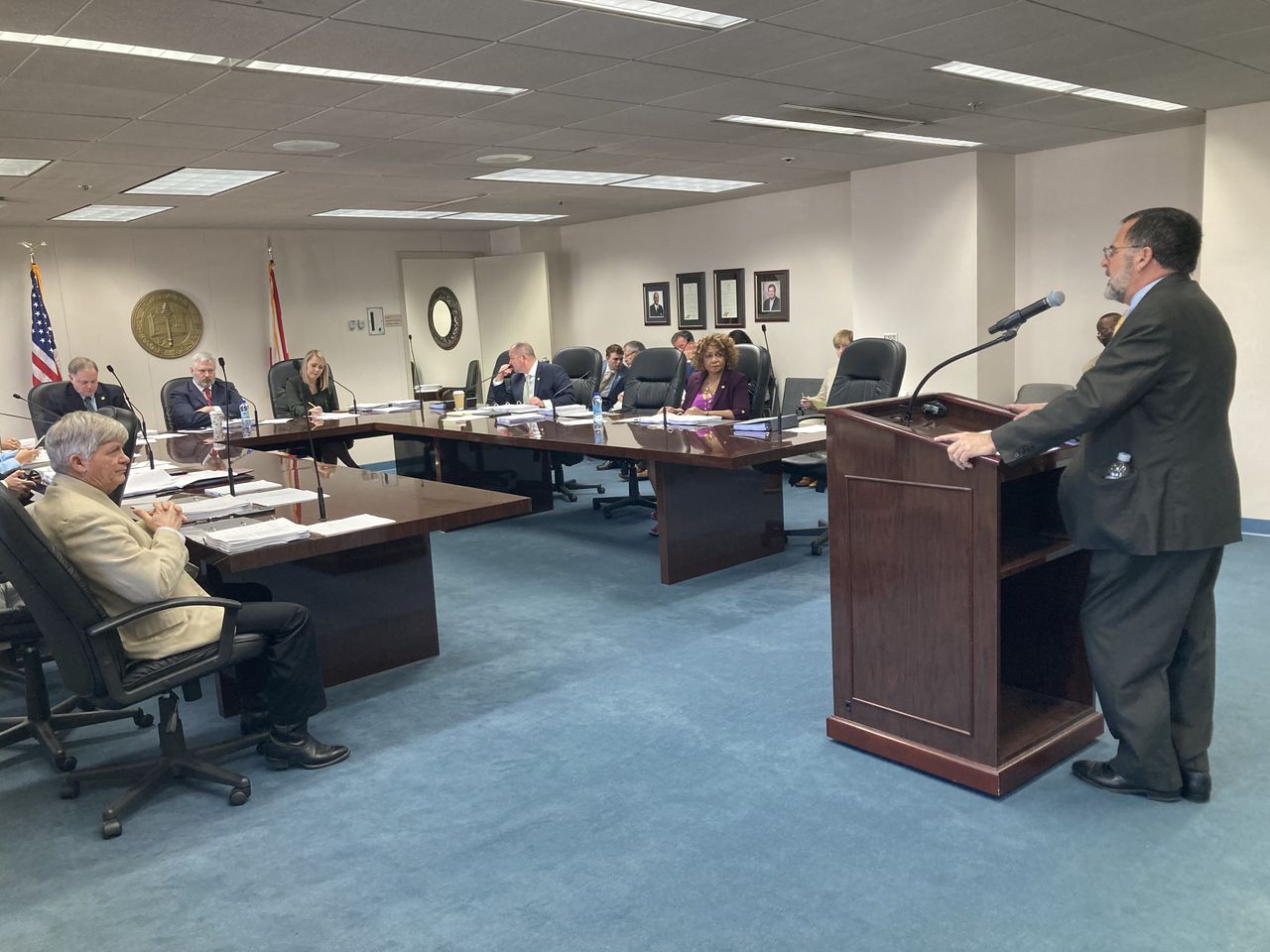Bill makes overdose deaths subject to manslaughter charge
A bill to allow a person to be charged with manslaughter if they sold or gave a drug to a person that resulted in that person’s death moved a step closer to becoming law today, winning approval in the Senate Judiciary Committee.
The bill, by Rep. Chris Pringle, R-Mobile, says the manslaughter charge applies to a person who “knowingly sells, furnishes, gives away, delivers, or distributes a controlled substance” in violation of state law and the person who received the drug “dies as a proximate result of the use of the controlled substance.” Manslaughter is a Class B felony that carries a sentence of 2 to 20 years.
Pringle told the committee about a friend’s son who struggled with addiction and died from an overdose after receiving an OxyContin pill laced with fentanyl.
“We know who sold it to the boy,” Pringle said. “We know who killed him. And this bill would allow us to charge that person with manslaughter.”
The committee approved Pringle’s bill without opposition. It moves to the Senate, which could give it final approval because it has already passed the House.
Overdose deaths, especially from fentanyl, have risen sharply in Alabama and across the country. In April, lawmakers passed a bill imposing a mandatory sentence of three years in prison for knowingly possessing one gram or more of fentanyl, classifying that as trafficking. Fentanyl is far more powerful than heroin. Two milligrams is considered a potentially lethal dose, meaning that one gram is enough to potentially cause 500 deaths.
Fentanyl was a factor in 316 overdose deaths in Jefferson County in 2021. Statewide in Alabama, there were 1,069 fentanyl deaths in 2021, up from 463 the year before, according to the Alabama 2023 Drug Assessment.
Related: Health groups sound alarm about deadly fentanyl: ‘All it takes is 1 time’
‘You can’t get sober if you’re dead’: Alabama makes it hard for some to combat overdoses
